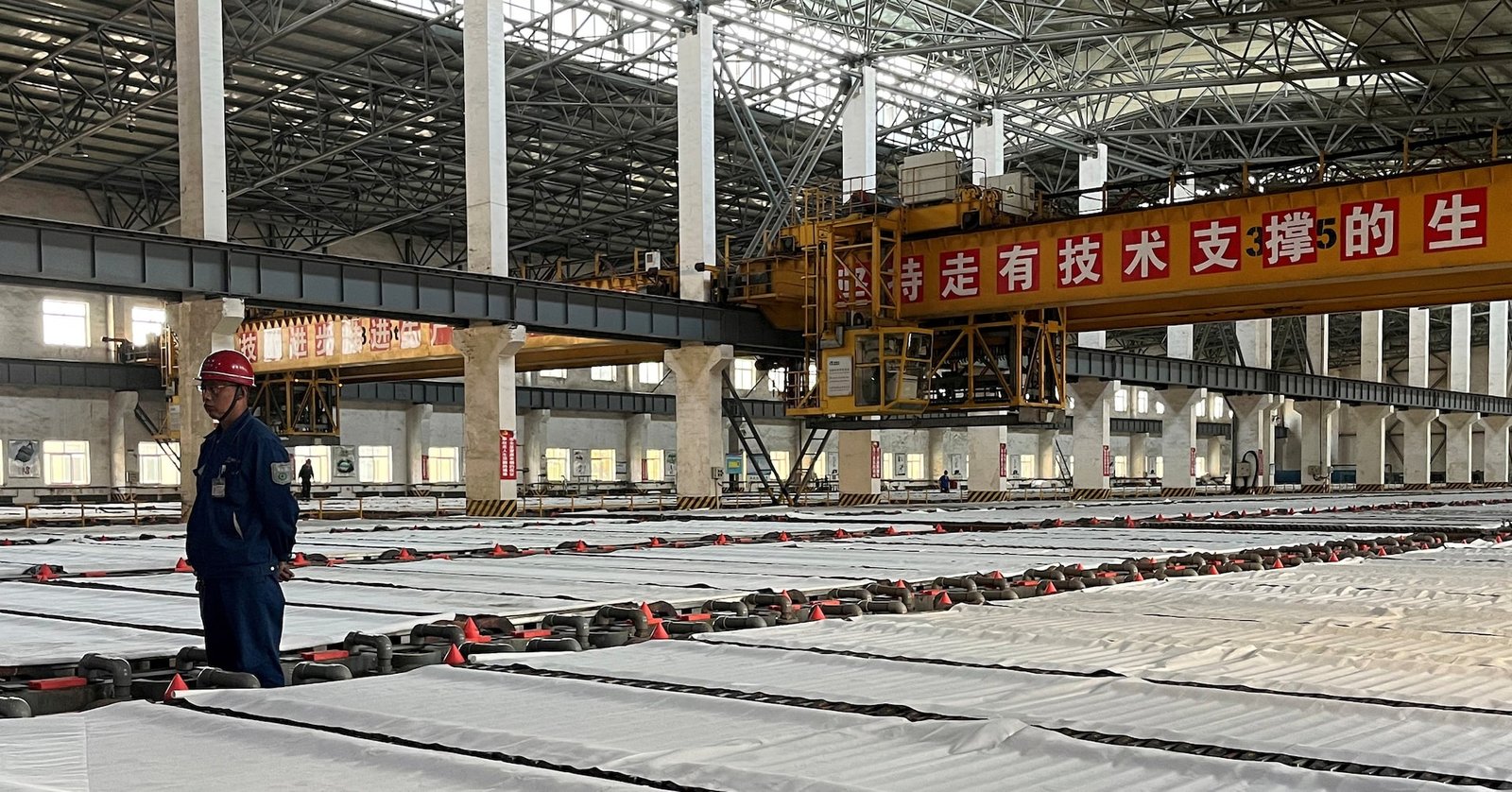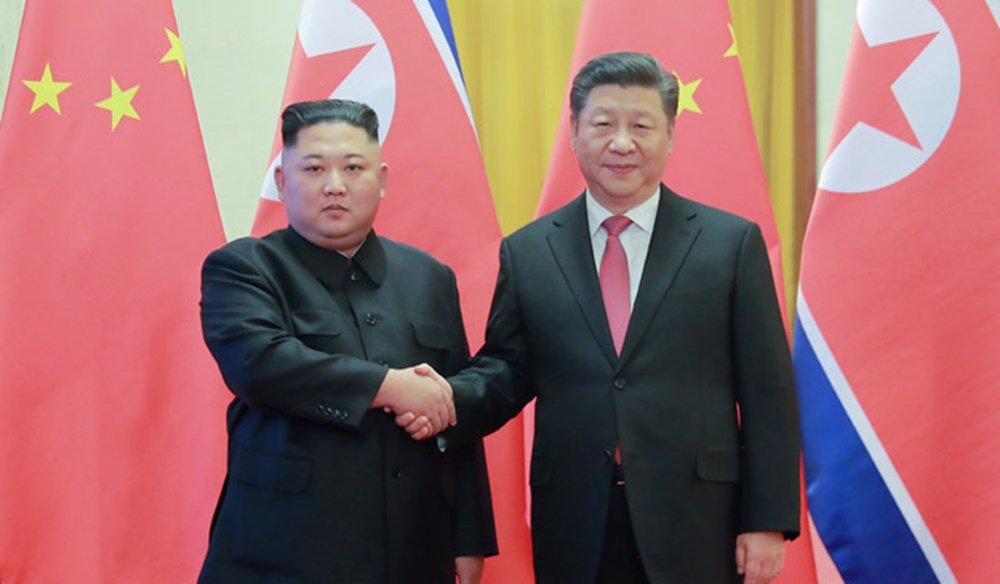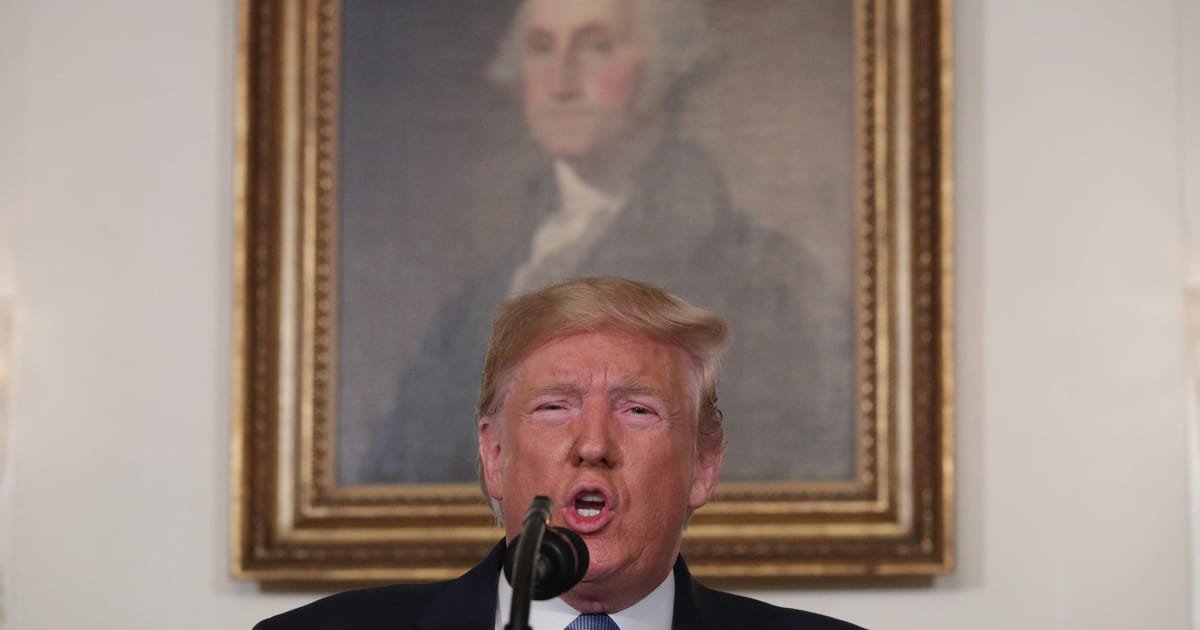
A view of the Lujiazui area in Shanghai, East China Photo: VCG
Foreign investment in yuan-denominated assets has shown an overall positive trend. The yield on yuan-denominated bonds has been good since the start of the year, prompting foreign investors to increase their holdings, Li Hongyan, deputy head of the State Administration of Foreign Exchange, told a press conference on Tuesday.
Net foreign investment in domestic bonds surpassed $80 billion in the first three quarters of 2024, while foreign investment in Chinese equities saw notable improvement. Foreign holdings of domestic yuan-denominated bonds exceeded $640 billion, a record high, Li said.
Overseas investors’ participation in the domestic capital market is generally at an initial stage, with the scale and proportion of yuan assets held not being high. The share of foreign capital in the domestic stock and bond markets is about 3 percent to 4 percent, and there is still room for further improvement, supported by multiple favorable factors, Li said.
“It reflects the confidence of international investors in the long-term improvement of the Chinese economy and their positive outlook on the Chinese market,” Wang Peng, an associate research fellow at the Beijing Academy of Social Sciences, told the Global Times on Tuesday.
Wang noted that the increase in foreign investment not only brings in capital but more importantly, advanced technology, management experience and market expansion opportunities, which help promote the transformation, upgrading and high-quality development of China’s economy.
In the first nine months, the foreign exchange market showed strong resilience, with market expectations and transactions remaining generally rational and orderly, and the yuan’s exchange rate staying basically stable at a reasonable and balanced level, Li said.
China’s foreign exchange market recorded turnover of $30.27 trillion from January to September, up 10.1 percent year-on-year, Li said, noting that foreign exchange settlements and sales moved toward equilibrium, as exchange rate expectations among domestic entities remained stable and foreign exchange transactions were carried out in an orderly and sensible manner.
In addition, the scale of foreign exchange reserves has remained basically stable, Li said.
Since the beginning of this year, the scale of the country’s foreign exchange reserves has steadily increased. At the end of September, the balance of foreign exchange reserves reached $3.3164 trillion, an increase of $78.4 billion compared with the end of 2023, according to Li.
Moreover, the yuan’s exchange rate has remained stable amid two-way fluctuations, demonstrating increased flexibility, Li said. The balance of payments has also held steady, underpinned by a solid trade surplus.
The increasing maturity and resilience of China’s foreign exchange market have enhanced its ability to adapt to external shifts, providing solid support for maintaining stability in the balance of payments, Li added.
“The stable development of the foreign exchange market also provides a more stable and predictable financing environment for foreign trade enterprises, helps improve the efficiency of financial resource allocation and provides stronger financial support for the development of the real economy,” Wang noted.







